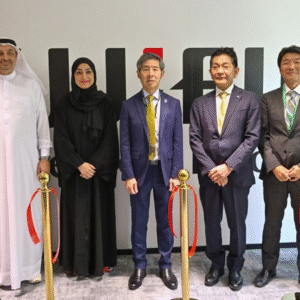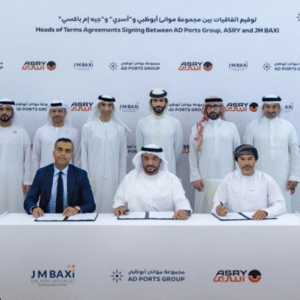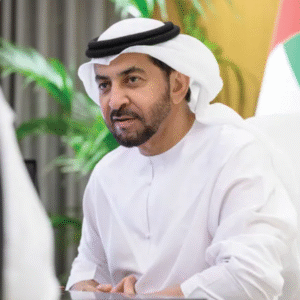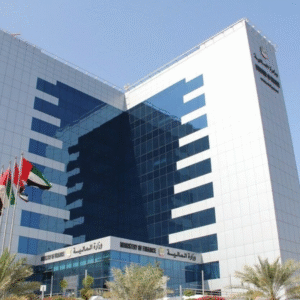In a bold step towards revolutionizing government operations, the Dubai Government Human Resources Department (DGHR) and Digital Dubai Authority (DDA) have joined forces through a groundbreaking Memorandum of Understanding (MoU). This strategic collaboration is set to supercharge digital transformation initiatives, redefining how public services are delivered across the emirate. The partnership aims to enhance efficiency, optimize workflows, and introduce innovative solutions that align with Dubai’s vision of becoming a global leader in smart governance.
By leveraging cutting-edge digital technologies, the MoU will streamline human resource management processes, making them faster, smarter, and more adaptive to the ever-evolving demands of the public sector. From artificial intelligence-driven automation to cloud-based HR solutions, the collaboration is expected to create a seamless and interconnected government framework that improves employee experiences and service delivery. With a data-driven approach, both entities will work towards predictive analytics, real-time decision-making, and enhanced operational transparency.
Dubai has long been at the forefront of digital innovation, and this new agreement cements its commitment to pushing boundaries in the public sector. The MoU is not just a formal agreement; it is a strategic move designed to accelerate the transition towards an AI-powered government ecosystem. Through automation, digital upskilling, and integrated platforms, the partnership will eliminate bureaucratic bottlenecks, ensuring quicker responses and more personalized services for citizens and government employees alike.
Ultimately, this collaboration represents Dubai’s unwavering ambition to create a smarter, more connected future. As the city continues to set global benchmarks in digital governance, this MoU will serve as a catalyst for widespread transformation, fostering a government culture that is agile, proactive, and technologically empowered. With this dynamic synergy, Dubai is paving the way for a new era of governance—one where efficiency meets innovation, and public services become more intuitive, responsive, and future-ready.









